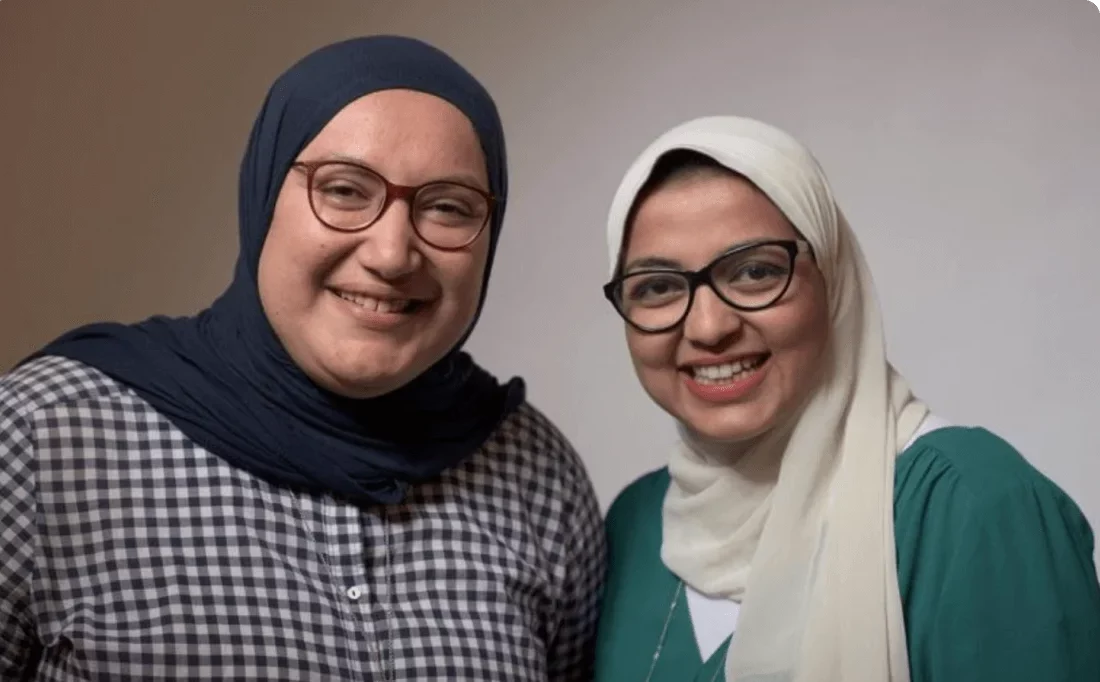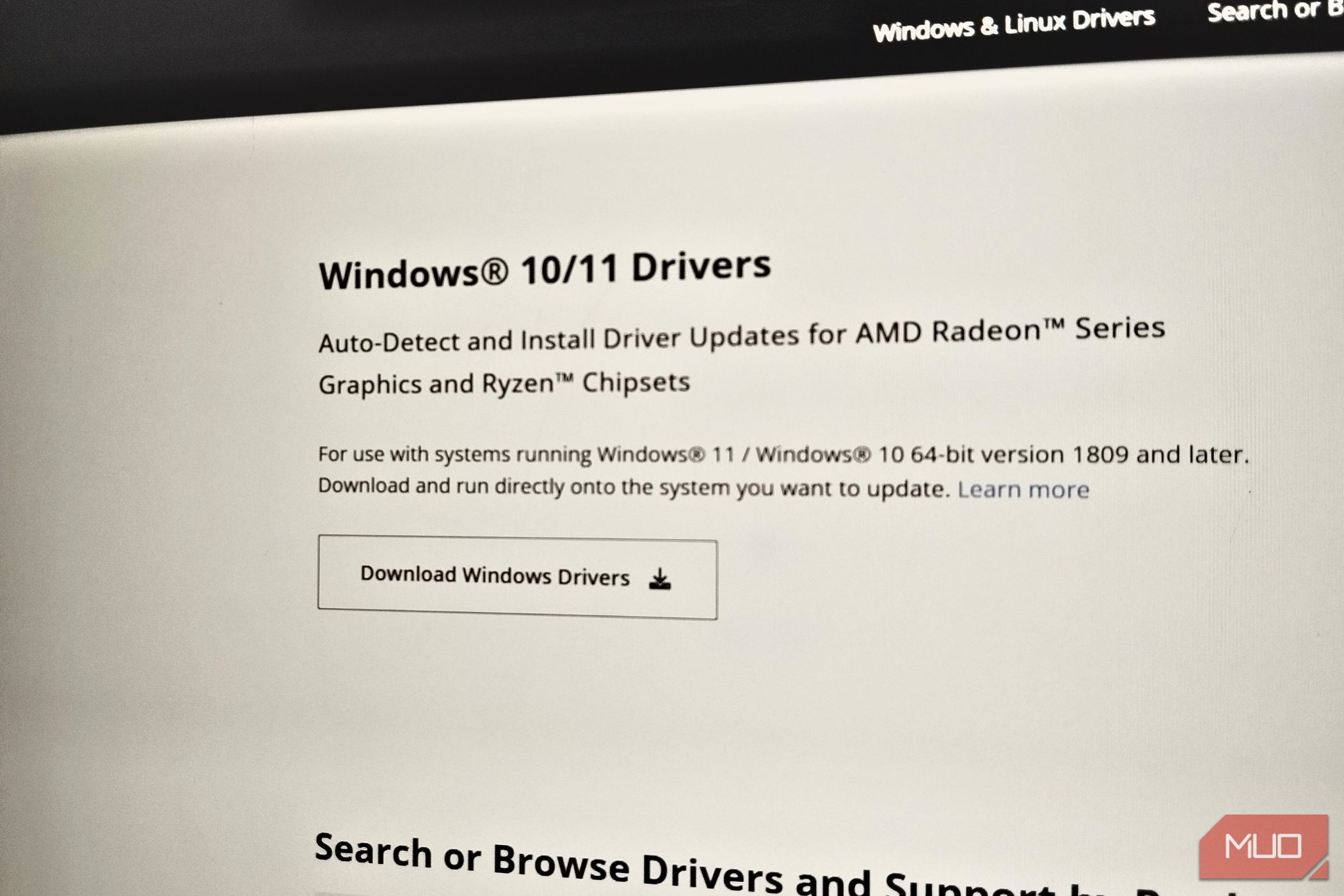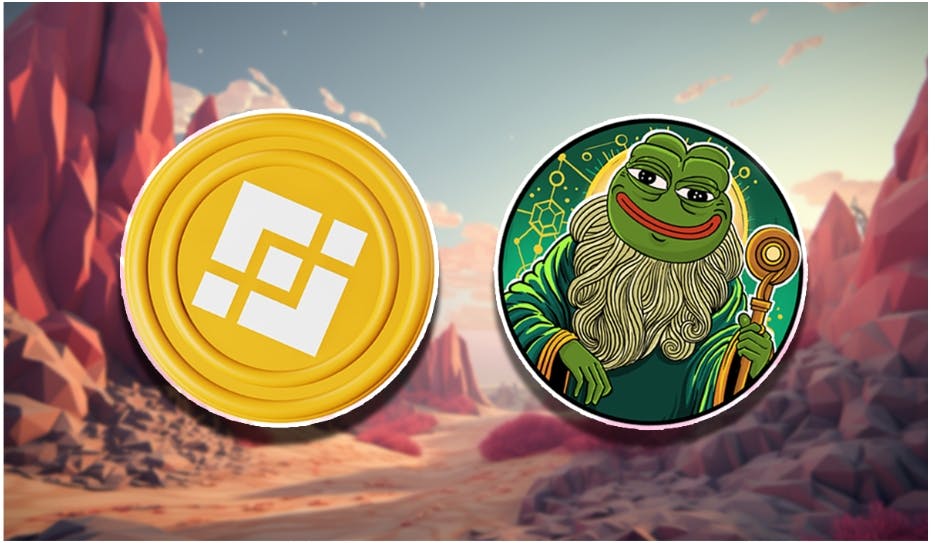When, in 2017, Doaa Aref was diagnosed with thyroid cancer, she soon found that her survival depended on regular access to medication—and that this access was far more complicated than it should be. “I was sitting in the oncology clinic waiting room when I [realised] that other patients were having the same problem,” Aref, 38, recalls. “We were all struggling to find our prescribed medications, often traveling from one pharmacy to another without success.”
Egypt, the Arab world’s most populous nation with roughly 114 million people, has witnessed years of varying levels of medicine shortages as a result of sharp currency devaluations which began in 2016 and impacted both imports and local productions that rely heavily on imported raw materials. At its peak, nearly 1,000 types of medicines were in short supply in Egypt, but recent efforts have reduced this number to about 500. Nevertheless, supply problems persist, especially for some imported medicines and specialised drugs, leaving many patients of chronic illnesses struggling to find medicines.
This frustration became the impetus for Chefaa, now Egypt’s leading e-pharmacy platform. What began as Aref’s personal effort to streamline her access to essential medicine is now a regional healthtech player digitising pharmacy operations and delivery systems across Egypt and beyond.
Together with her co-founder, pediatric hematology-oncology specialist Dr. Rasha Rady, Aref launched Chefaa in 2018. The platform allows users to upload prescriptions or input drug names, then connects them to nearby pharmacies that have the medication in stock. Deliveries are dispatched based on the patient’s location, with Chefaa taking a commission starting at 5% on each transaction.
The app also allows patients to schedule recurring medication deliveries, crucial for those with chronic illnesses who depend on timely doses.
Chefaa’s unique proposition
Egypt has no shortage of pharmacies—90,000 are licensed nationwide. But as Rady, 42, explains, access to medicine isn’t guaranteed. “The issue isn’t the number of pharmacies—it’s the disparity in their stock levels,” she says. “Medication distribution is inconsistent, and local supply rarely aligns with demand in specific areas.”
Chefaa tackles this by aggregating supply across thousands of pharmacies. “You shouldn’t have to search the streets when you have this many pharmacies,” Rady adds. “You need something that gives you the widest access, quickly, safely, and efficiently.”
Aref invested her life savings – EGP 900,000 ($50,526 at the official exchange rate) – from a previous venture in drop-shipping to fund the app’s development and partnered with a software firm to build the platform. Shortly after, she joined the startup accelerator Flat6Labs, where Chefaa secured its first investor in exchange for 10% equity.
At the time, Egypt’s market was saturated: “In 2018, there were 19 other medicine delivery apps,” Aref says. “Many closed down—either due to lack of funds or inadequate medical understanding. Now only three or four real competitors remain.” But she believes Egypt’s rapidly growing population can support multiple players.
Building loyalty
Aref and Rady saw early on that user retention would be key. So, they built out several free features to encourage repeat engagement.
One of these is medication reminders, which help users develop a habit around the app. Another is “Ask Chefaa’s Pharmacist,” a 24/7 in-app chat with certified pharmacists for real-time questions—especially helpful in emergencies, where misinformation can be dangerous.
Chefaa also runs a health blog with over 4.5 million monthly visitors. It provides guidance, in Arabic, on drug usage, side-effects, and use of cosmetic products, aiming to counteract Egypt’s growing dependence on unreliable online health advice.
For Hagar Khaled, a diabetic patient who began using Chefaa in 2024, the app proved essential during a nationwide insulin shortage. “I couldn’t find my medication in pharmacies for months,” she says. “Chefaa brought it to my door every time.”
While she’s occasionally encountered technical bugs, Khaled appreciates that the app’s pharmacists confirm each order and offer alternatives when exact prescriptions are unavailable.
Pharmacies also benefit. Mahmoud Salem, who manages a 12-branch pharmacy chain, says that the app helps address market inefficiencies. Many medications have multiple generic equivalents, and pharmacies can’t stock them all. As a result, patients often struggle to find specific brands, especially those with limited marketing budgets.
Chefaa helps match these unmet demands with existing supply, and provides pharmacies with an additional sales channel. “It’s a new marketing and sales route beyond our traditional ones,” Salem says. “It’s also helping us engage a younger customer base.”
However, regulatory compliance and risk mitigation remain challenges. Chefaa does not fulfil orders for narcotics, psychotropics, or scheduled drugs, to prevent abuse. Orders for sensitive medications require prescription uploads, and pharmacists review each request for potential health risks.
Still, Salem warns that some users with knowledge of drug formulations attempt to over-order legal medications. “They may request excessive amounts of seemingly regular drugs that mimic effects of restricted substances,” he says. “But a suspecting pharmacist could block the sale.”
“I couldn’t find my medication in pharmacies for months. Chefaa brought it to my door every time.”
– Hagar Khaled, a diabetic patient who began using Chefaa in 2024
COVID-19 boost and post-pandemic expansion
Paradoxically, COVID-19 gave Chefaa a significant push. As brick-and-mortar retail struggled under lockdown restrictions, demand for digital health solutions soared. According to its founders, user growth surged 300% during the pandemic as more people were looking for digital solutions to fulfil their basic needs.
In early 2021, Chefaa joined Google’s regional accelerator program for startups, gaining technical mentorship and visibility. The founders also realised they were sitting on a valuable dataset: purchasing trends from thousands of pharmacies and customers.
They spun this data into a subscription-based analytics tool for pharmacies and manufacturers called Chefaa Bi HUB. It provides insights into consumption patterns, helping stakeholders make smarter production and marketing decisions.
Chefaa’s post-pandemic growth included a major expansion into Saudi Arabia, where it now operates in eight cities. The Gulf market made sense, Rady explains, due to its similarity in consumer behaviour, sizeable Egyptian diaspora, and status as one of the region’s top four Pharma markets.
Growing investor confidence
In 2023, the startup raised $5.25 million in a funding round backed by global investors, including South Africa’s Newtown Partners, Japan’s Global Brain and M3, Inc., the U.S.-based GMS Capital Partners LLC, and Verod-Kepple Africa Ventures from Nigeria.
Notably, the round included both returning and new investors—a sign of growing confidence in the company, despite Egypt’s economic volatility and repeated currency devaluations.
“The key is having a realistic plan,” Rady says. “Don’t promise investors the moon. Know your risks, and have strategies for overcoming them.”
With the funds, Chefaa expanded its team (now over 140 employees), scaled its logistics infrastructure, onboarded more pharmacies, and launched a supply arm called Chefaa Supply, to provide short-stocked items to partner pharmacies.
Still, being a woman-led company in a male-dominated space hasn’t been without challenges. “Some investors hesitate when they learn the co-founders are women,” Aref notes. “Others are wary of investing in an Egyptian firm given the region’s political instability and the weakening pound.”
Seven years on, Chefaa now serves over 4.5 million monthly users, connects to more than 1,600 pharmacies, and supports 229 registered brands via its platform. It counts nine institutional investors and continues to grow.
More recently, in 2025, it was one of just seven African startups selected for the Innovate and Invest program backed by Global Fund and the Bill & Melinda Gates Foundation. The company received $225,000 in funding—a strong vote of confidence from international partners.
Expansion remains on the horizon. While the team hasn’t named the next target country, the founders are clear about their priority: need, not market size.
“We’re a data-driven company,” Aref says. “So, we’ll go where our solution is needed most, not just where the population is largest.”
This piece was published in collaboration with Egab.
Mark your calendars! Moonshot by is back in Lagos on October 15–16! Join Africa’s top founders, creatives & tech leaders for 2 days of keynotes, mixers & future-forward ideas. Early bird tickets now 20% off—don’t snooze! moonshot..com










